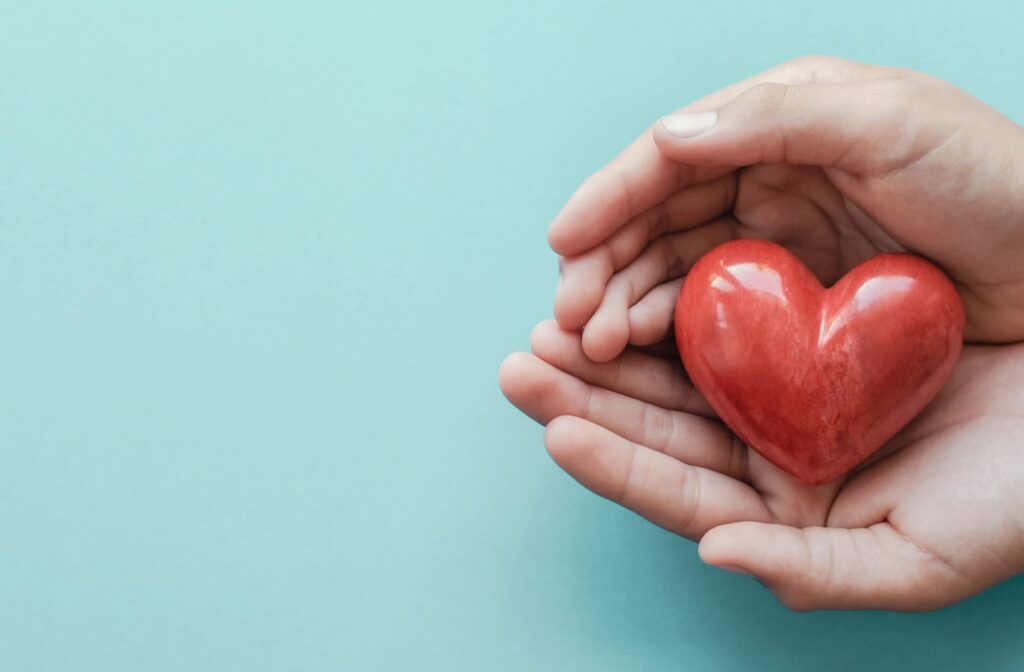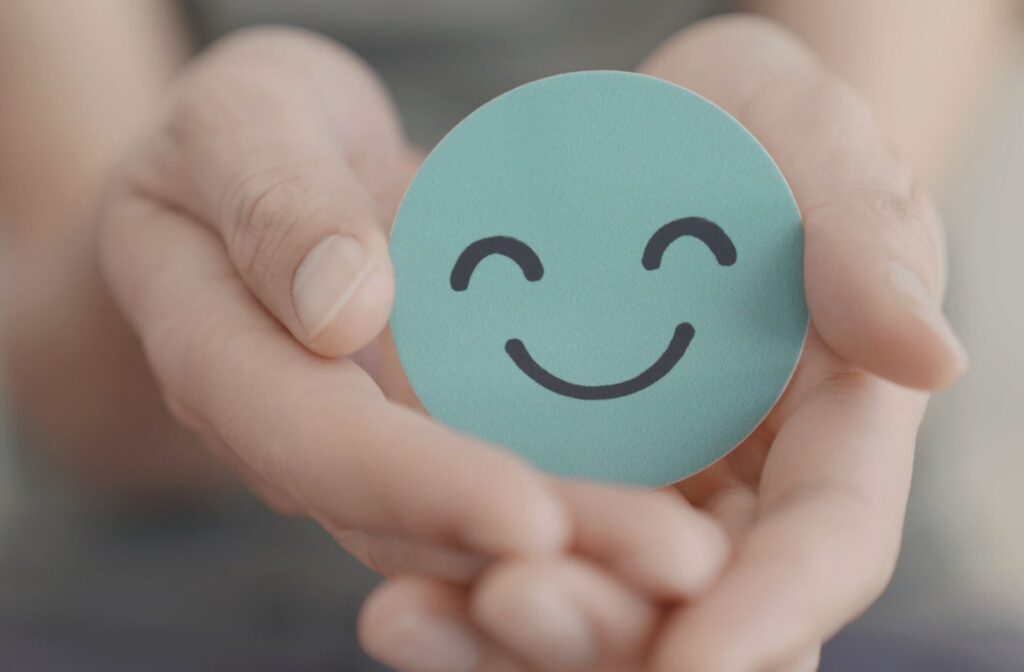Every year, 1 in 5 females and 1 in 7 males will self harm. Self-injury constantly plagues our youth and is all too common spread. Self-harm is deliberate acts to harm oneself. The most common form of self-injury is cutting, although there are several other methods as well. This can include burning, drinking, purging, hair-pulling and more.
This is not done with the intent of suicide but for the intent of survival – to end emotional pain, to distract, as a method of control, or for self-destruction. This provides immediate relief, but are temporary solutions with long-term consequences that can lead to addictive self-destructive behaviour.
Self-harm is a coping strategy to deal with problems or emotions a person does not want to face.
It is important to understand and identify what triggers the self-harm, and why the person is self-harming. There are many alternatives to self-harm, such as self-care by finding things you enjoy like taking a walk or listening to music.
However, due to the stigmatization of self-harm, these acts are often hidden from others. Warning signals can include wearing long pants or sleeves, wearing lots of jewelry such as bracelets, unexplained scars, frequent injuries, difficulty dealing with emotions and relationships, and low-self esteem.
It is important to approach someone who is self-harming with understanding and compassion. Even if you disagree with this behaviour, approach it with empathy and do not act repulsed or shocked by this. Do not react to this with panic or threaten them to stop.
Self-harm is not done for attention. Often this is private, hidden behaviour that the person does not want others to know about.
It is important to remember that self-injury does not mean mental illness, but can indicate that someone may be dealing with mental health issues. It is important to focus on the feelings of that person and understand that new behaviours are hard to take on initially. This will take time and understanding to get through.
Self-harm is a serious issue that needs to be brought to light, not glamorized. It is an addictive coping behaviour that should be treated with compassion and understanding, not shaming and judgement.
If you or someone you love is self-harming, talk to us.
Source: Healthyplace.com
























